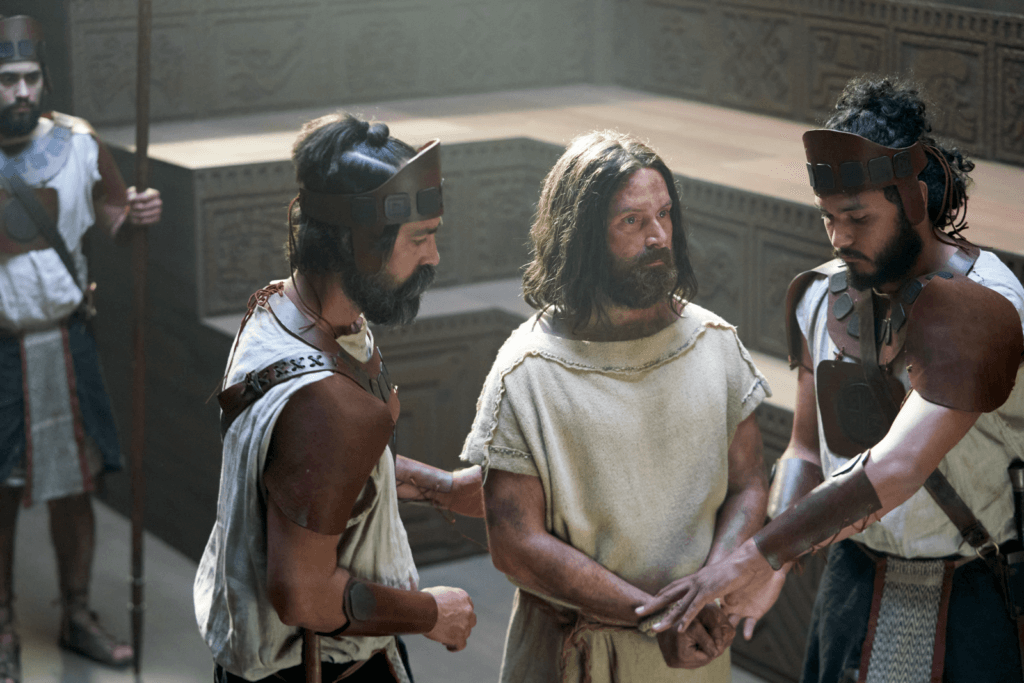Becoming like Enoch’s Zion
According to the scriptures, Enoch’s people, who succeeded in becoming a city of Zion, most nearly parallel and resemble the prophesied latter-day Zion. The book of Moses, for instance, links these two Zions rhetorically and typologically and shows that they will become one people of God. But just how did the Lord’s people in Enoch’s […]
Becoming like Enoch’s Zion Read More »













